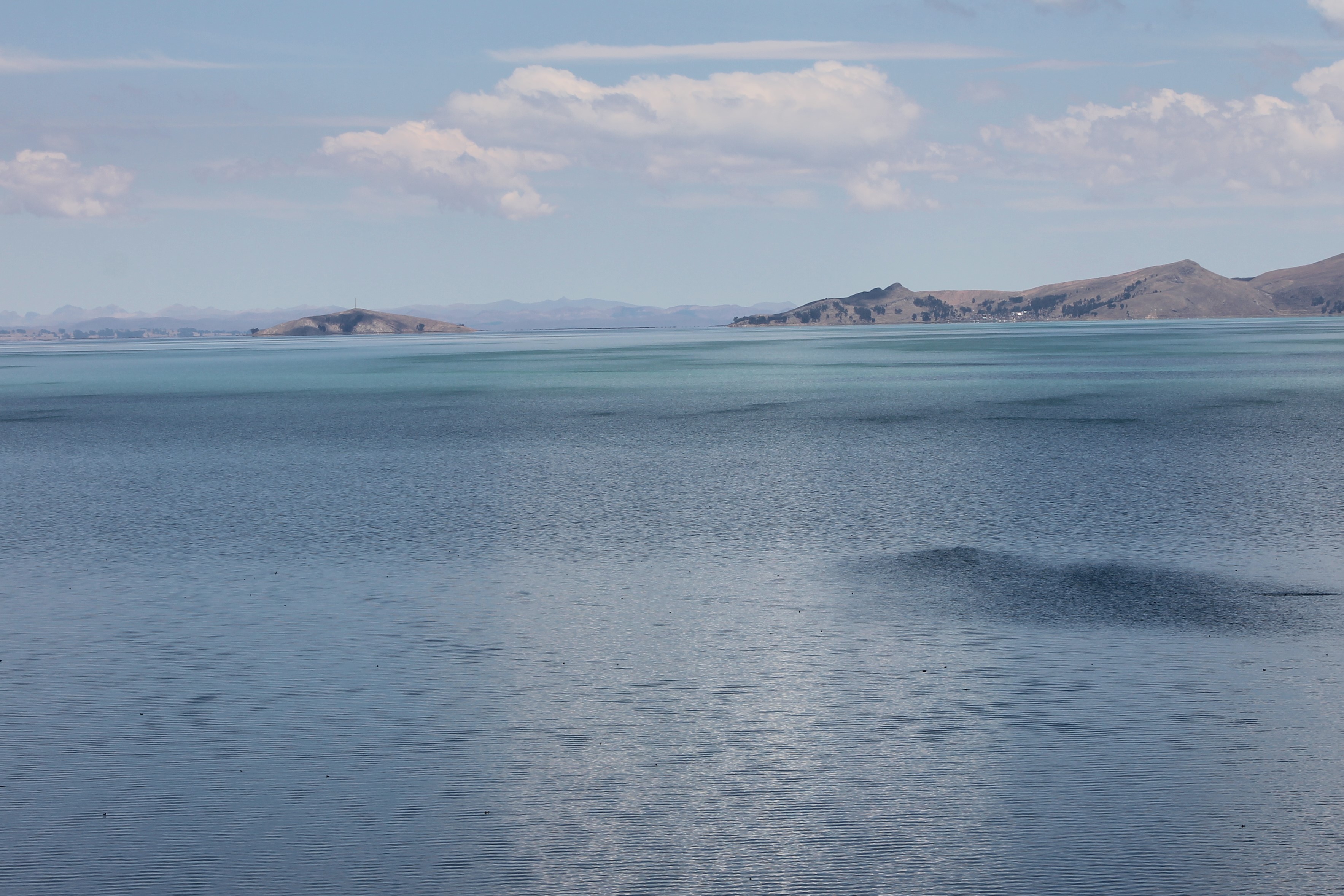From Water Wars to Climate Change, Bolivians are Faced with Growing Water Scarcity
By Oscar Rea Campos | Foundation for Community Axión, a member of UMAVIDA
The year 2000 in Bolivia was the year of the “Water War.”
Under pressure from the World Bank, the government of Bolivia privatized the public water supply of Cochabamba, its third largest city. The government granted Aguas del Tunari, a subsidiary of the U.S. based multinational company Bechtel, a 40-year water concession contract.
Aguas del Tunari, soon after taking over the Cochabamba public water supply, increased water prices by up to 50%. As a consequence of this increase, many people were obligated to take their children out of school or stop visiting the doctor.
Protests erupted. Throughout the protests, one person died and 170 were injured.
In April of 2000, the water concession was retracted and Aguas del Tunari then sued the Bolivian government in the World Bank trade court, the International Centre for Settlement of Investment Disputes (ICSID) for $25 million in damages.
Under international pressure, Aguas del Tunari withdrew its suit in January 2006.
Today, climate change poses the single greatest threat to Bolivia’s potable water supply.
During the first months of 2017, one third of La Paz’s population, and other Bolivian cities as well, suffered from a water shortage, requiring a hard rationing of the water. Its causes? Not privatization!
In the last two decades, climate change has accelerated the melting of the Andes Mountain ranges, the principle water source. The government has not taken the necessary precautions or even informed the population of the problem.
The majority of the population has always considered water the responsibility of the Social Public Company of Water and Sanitation S.A – EPSAS (in its Spanish acronym) – and that as long as one pays their water bills there would not be issues of scarcity. Water is still conceived as a commodity of vital necessity.
This recent water scarcity motivated protests and street blockades by those affected who were demanding water. Of course, there were gestures and demonstrations of solidarity, but it remained at that, gestures and demonstrations. This emergency unfortunately did not create cooperative or collaborative work between the central and municipal governments. Their political party differences prevailed over the need of the people.
In November 2017, the potable water supply returned to ‘normality’ and passivity returned to the population. “The climate has changed,” affirmed the people. And even though they realize that it is not raining and that the temperature is increasing, they do not make provisions or show any concern.
How much more suffering do we need in order to become aware that we are at the door of a very serious and grave problem? When are we going to understand that we must adapt to this problem in order to find sustainable solutions?
The cities of La Paz, El Alto, and other populations, are cities extremely vulnerable to water scarcity and the price increase of potable water services. It is highly probable that water will be rationed with more intensity, but those who will suffer the greatest consequences of that rationing will be the poorest and most vulnerable populations because there is no justice in the distribution of this global common good.

Woman farmer working on the campaign to care for water and food. Photo courtesy of Oscar Rea Campos.
Faced with this complex and vital problem, UMAVIDA, the Joining Hands network in Bolivia, has assumed the challenge of carrying out an ongoing campaign for the defense and care of water through its member organizations.
As a network member, the Foundation for Community Axión has begun an initiative that brings together children, youth and women to meet to discuss, analyze, and construct alternatives to care for water, both locally and nationally. While alternatives are discussed, empowerment is created. Participants quickly learn through dialogue and facts that without water we are nothing. They learn to construct rational arguments that sustain their convictions and actions.
While carrying out this initiative, we have witnessed that information must be directed to the heart in order to activate feeling. Only through the heart can we understand more deeply the consequences of injustices. It is the heart that shows us the urgency of the need for justice in the distribution of and access to water. Our hearts should direct our thoughts and actions.
The responsibility of caring for water is the responsibility of everyone – “To become aware and care for water begins with one’s self.”
With this, we have begun our work for the overall water campaign of the UMAVIDA Network. Other partner organizations are also carrying out similar workshops on the importance of water, climate change and environmental justice, as well as leading investigations to learn more deeply about the present situation and what we can do together to address the negative consequences of not caring for water. Through this solidarity work, UMAVIDA hopes to generate a growing movement for the care of water, both locally and internationally, and build on it in 2018 in order to create awareness and sustainable social change.
